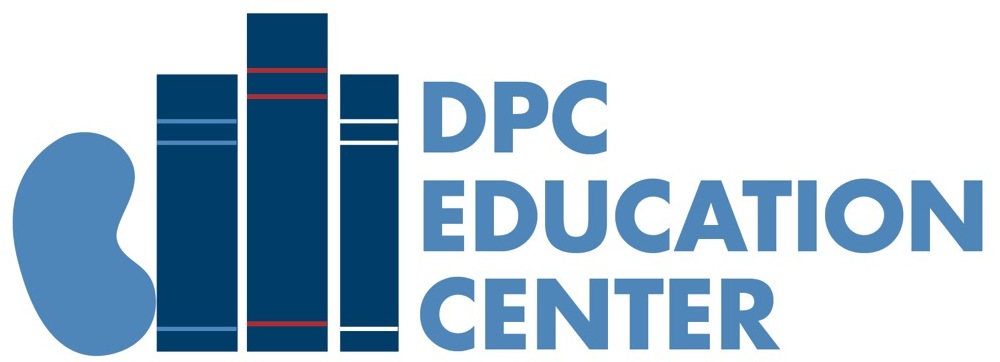Diabetes is a disease that affects a person’s blood glucose, or sugar levels. There are two types of diabetes, Type 1 and Type 2. Type 1 diabetes occurs when the pancreas does not make insulin, this is usually diagnosed in children. Type 2 diabetes occurs when the pancreas still makes insulin, however it may not produce enough insulin or the body may not be using the insulin effectively. Insulin is an important component in our health, as it is needed to move the energy from the food that we eat to the cells in our bodies. If the body does not have enough insulin to move the sugar into the cells, then the sugar (glucose) will stay in the blood and can cause damage to the blood vessels. If this blood vessel damage occurs in the kidneys it is called nephropathy (nef-ra-pa-thee), which over time can lead to kidney disease and kidney failure.
People with diabetes have a greater risk of developing serious problems with their kidneys. In fact diabetes is one of the leading causes of CKD. Even though a person with diabetes is at a higher risk of developing CKD, this does not mean that every person with diabetes will end up with CKD. Maintaining a healthy lifestyle can help keep your diabetes under control and delay or even prevent kidney disease.
Learn more about diabetes in the video below.
Fact Sheets: |
Additional Resources: |
|
|
|



